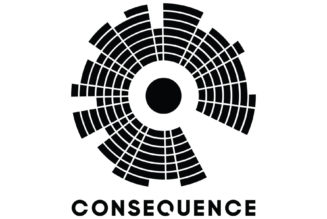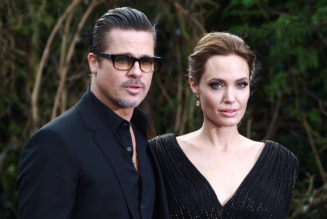
Scarlett Johansson is suing Disney over the company’s decision to stream Black Widow on its Disney+ platform at the same time as its theatrical release.
According to the Wall Street Journal, Johansson filed the suit in a Los Angeles Superior Court on Thursday, accusing Disney of breaching its contract with her over the release of Black Widow and thus preventing Johansson “from realizing the full benefit of her bargain with Marvel.”
As Johansson’s salary was based in large part on the box office performance of Black Widow, Disney’s decision to put the film on Disney+ cost the actress as much as $50 million, a person familiar with details of her contract told WSJ.
Related Video
In her complaint, Johansson says her representatives sought to renegotiate her contract after learning of Disney’s dual-release strategy, but “Disney and Marvel were unresponsive.”
Update: In a statement responding to Johansson’s lawsuit, Disney called it “sad and distressing in its callous disregard for the horrific and prolonged global effects of the COVID-19 pandemic.” The company also added that Johansson has already received $20 million for her work on Black Widow.
Disney launched Disney+ Premier Access in the early months of the pandemic, offering viewers the opportunity to purchase new tentpole films for a one-time payment. To date, four films have received a dual release in theaters and on Disney+, including Mulan, Raya and the Last Dragon, Cruella, and the aforementioned Black Widow. Jungle Cruise will mark the fifth when it arrives this Friday, July 30th.
Black Widow performed well at the box office in its first week of release, grossing $80 million domestically and $78 million overseas. However, the film’s box office performance declined sharply in the proceeding weeks, which some industry analysts attributed to a surge in illegal downloads stemming from its accessibility on Disney+.
While Johansson’s case may prove to be a landmark of the “post-pandemic” Hollywood era, she’s not the first creative to go to war with a studio over their simultaneous streaming release plans. WarnerMedia decided to unload its entire 2021 slate on HBO Max and theaters at the same time, causing an almost instantaneous rift between corporate and creatives, as well as traditional cinema exhibitors. However, Warner Bros went ahead and adjusted terms of the majority of their deals with partners, performers, filmmakers, and even crew members to ensure fair paydays.
![Scarlett Johansson Sues Disney Over Black Widow Streaming Release [Updated]](https://www.wazupnaija.com/wp-content/uploads/2021/07/scarlett-johansson-sues-disney-over-black-widow-streaming-release-updated-scaled-1050x600.jpg)




![Anti-Mask Koo Koo Karen Destroys Face Mask Display At Target Because “AmeriKKKa” [Video]](https://www.wazupnaija.com/wp-content/uploads/2020/07/anti-mask-koo-koo-karen-destroys-face-mask-display-at-target-because-amerikkka-video-327x219.png)




